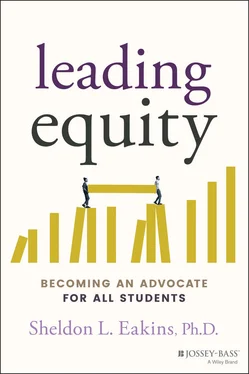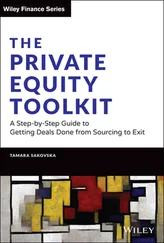Think about people in your outer circle (your doctor, community leaders, local business owners, etc.) versus people in your inner circle (caregivers, close friends, coaches, etc.).
Are the two circles equally diverse?
Day 4: At First, I Thought… But Now I Think…
What explicit principles were you taught as a child? Think about lessons or beliefs that were reinforced verbally by your parents or other significant individuals in your life.
What values were you taught tacitly? Think about lessons or beliefs that were reinforced by habits, patterns, or ways of being.
What role have these beliefs and principles played in your life?
Day 5: Mirrors and Windows
Think back to your favorite TV shows, movies, songs, and books as a child. Who do they celebrate?
Did you see yourself in them, or did they allow you to see into a world different from your own?
Who were your role models? Why did you look up to these individuals?
What was your educational experience?
What do you remember about the demographics of your school? To what social groups did your classmates belong? Did your teachers belong to those same groups?
What do you remember about the roles and treatment of different groups of individuals in school?
Day 7: Acknowledging My Biases
Reflect on how your experiences have shaped your implicit biases.
As an adult, what role do the experiences on which you have reflected this week play in your life?
How might they impact your work as an educator?
When we can become more aware of our biases, we can start to improve upon our interactions with others. We can decrease our sense of discomfort, interact with social groups different than our traditional groups, and ultimately make better decisions. Moreover, I know, as a person of color, it's easy for me to say this because I'm used to being the minority in just about every setting in which I participate. I mean, I live in Idaho. However, if you're a white educator addressing issues of racial implicit bias and prejudice, it may be a little difficult because of your fear of being accused of being racist.
Understand that we all have biases and being racially biased does not make you racist. It simply could be a matter of unfamiliarity with groups outside your day-to-day social settings no matter what racial or ethnic background with which you identify. I challenge you to develop authentic relationships with individuals who are different than you. Yes, it's important for your students to see you take more interest in their backgrounds, but also the relationships that we've formed outside the classroom can have an impact on implicit bias. Developing relationships with individuals outside your social and group circle may help decrease your prejudices and alter your view of negative stereotypes. Additionally, getting to know other cultures, especially the cultures of your school's community, helps you become more receptive to the diverse students in your classroom.
Конец ознакомительного фрагмента.
Текст предоставлен ООО «ЛитРес».
Прочитайте эту книгу целиком, купив полную легальную версию на ЛитРес.
Безопасно оплатить книгу можно банковской картой Visa, MasterCard, Maestro, со счета мобильного телефона, с платежного терминала, в салоне МТС или Связной, через PayPal, WebMoney, Яндекс.Деньги, QIWI Кошелек, бонусными картами или другим удобным Вам способом.












